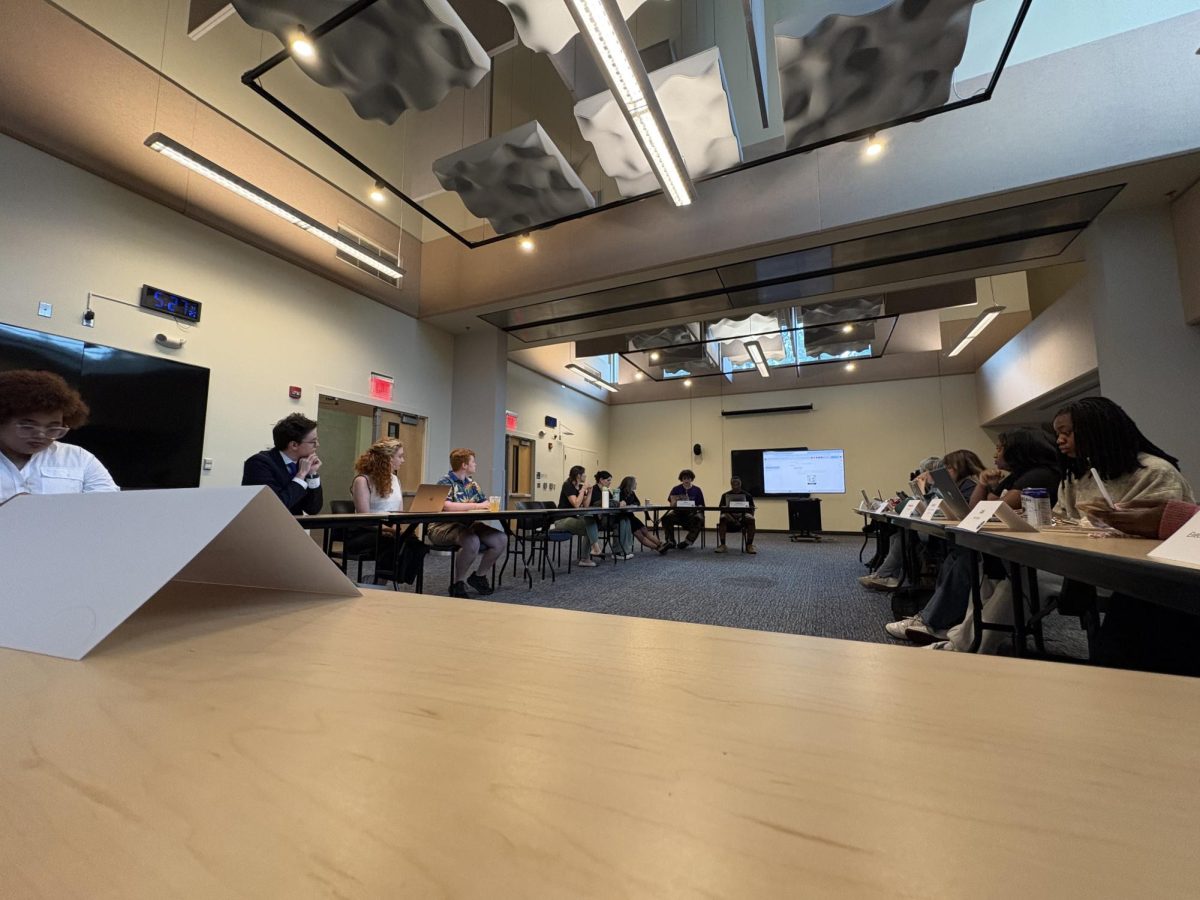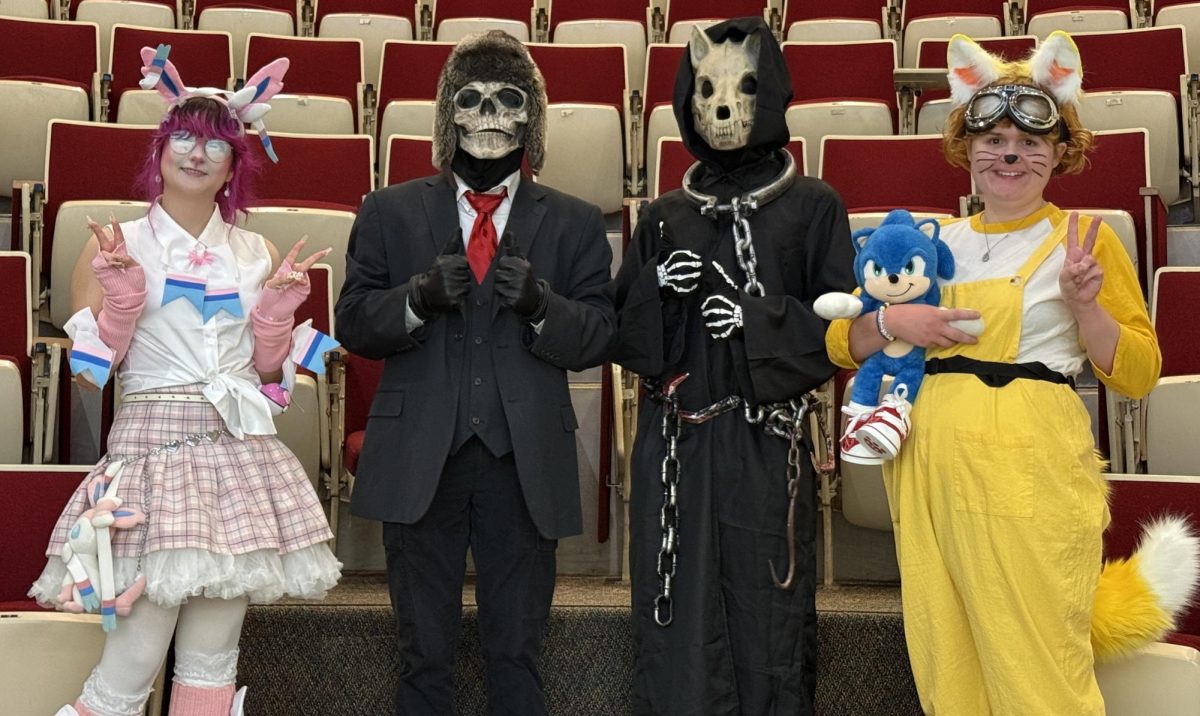By Katelynn Watkins – [email protected] – Contributor | Oct. 1, 2014 |
At noon on a Saturday, a tattoo shop is usually empty. Appointments and walk-ins generally show up about an hour later. Izzi Herman, shop assistant at Hot Stuff Tattoo, says that for the next hour or so, the shop should be relatively quiet.
“When I first told my parents I was dropping out to tattoo, they were a little taken aback. All they knew was that this is something that bikers and thugs and drug dealers and rock stars do,” says Kris Roberts, a tattoo artist. “This isn’t what kids who grow up in southern Arkansas do. They don’t do that.”
Roberts meticulously prepares his machine for his first and only appointment of the day — the only one with permission to start before 1 p.m.
The drone of the needle begins, ending the quiet of the shop and beginning the artist’s workday.
Born in Houston, Roberts, now 36, moved with his parents and sisters to southern Arkansas before he started kindergarten. During his early childhood his father introduced him to tattoos.
“When I was 7 years old, I remember going with my dad to a tattoo shop,” he says. “He had already had them and I was super intrigued by them.”
The buzzing needle pauses its careful tracing.
Roberts says his father was in and out of jail throughout his life, even spending his 65th birthday last year incarcerated.
The second oldest of five children, Roberts says he and his four sisters were rarely in touch with their father, except for when he was married to his third wife. After their divorce, Roberts’ father returned to his former patterns of drinking and slipping away for months at a time.
The needle goes quiet as Roberts checks his progress and wipes away a few drops of blood and ink.
Roberts’ mother passed away when he was 20 years old, just before he began tattooing full time. Roberts says his father has been very supports his chosen career, even requesting a tattoo from his son.
The town in which he tattooed while in Arkansas had an ordinance stating no tattoo shop could be within 1,000 feet of a church, school or piercing shop. This left Roberts and the other tattooers only one option: a shady street right next to one of the only bars in the area.
In his 20s, Roberts traveled back to Corpus Christi, Texas to visit some of his family and continue his education in the art of tattooing.
The difference between cultures in Arkansas and Corpus Christi struck Roberts as he and his then-wife developed a reputation for tattooing among the locals and tourists.
After several years of tattoo conventions and opportunities to get more experience, Roberts says he moved to Asheville a single man and began work at Freaks and Geeks, another shop in the area.
After another two years, he joined the artists who started Hot Stuff Tattoo on Haywood Road, who he says were a better fit for his personality and professional goals in tattooing.
“This town’s extremely saturated with tattooers. There’s about 30 shops and this town should only have 10, maybe five to support the business,” he says. “You’ll notice a lot of less established shops close in winter because there’s no business.”
For Roberts, tattooing was never about the popularity of the profession.
“When I started it wasn’t cool. None of my friends were into it,” he says. “The cool factor drives me crazy because back then it was seedy.”
The buzzing drone of the needle stops for the last time and Roberts sits back to admire his work and clean up the blood and smeared ink.
The newly finished climbing rose is adorned with clear moisturizer and photographed before Roberts wraps it in clear plastic and bandages with care.
He’s glad tattooing and having visible art is more accepted, he says, but not that the novelty of having them may be wearing off.
“Nothing’s going to be perfect,” he says. “So when stuff changes you just have to keep on going and do what works for you.”
Categories:
Tattoo artist finds home, comfort and calling in Asheville
October 2, 2014
0
More to Discover


















